Parents are often rightfully concerned about ensuring that they promote a healthy body image in their children. Society can be very judgmental about the way people look and young children often use identifiable, visible characteristics (i.e., how someone looks) to make judgments about others. How can parents help their children feel good about themselves and also be kind to others about the way they look?
It starts with the language you use with your child
- When talking about bodies, parents should always focus on health and wellbeing and what a body can do, not what it looks like. In other words, when you talk about your child’s body (which is important to make them feel comfortable about their body – it’s not a subject parents should avoid), talk about the amazing things it can do like run, play, dance, think, imagine, etc.
- For example, parents can say, “Look at your strong legs! They help you run so fast” or “I love the way you drew that picture – your brain is so imaginative!”
- When parents take the time to point out how their body helps them do amazing things, rather than saying, “you’re so pretty,” it sends a message that parents value their abilities and health rather than appearance.
- Remember that the brain/mind is just as much a part of the body as any other! Parents should praise a child’s mind and mental skills for what they can accomplish too.
- It is one thing to control what is said at home, but kids will hear things you wish they wouldn’t from friends, school, media or even other family members. That is a good opportunity to teach them why those words can be hurtful.
- For example, a parent can say, “People come in all shapes and sizes, which is a good thing! Everybody can do fantastic things. Sometimes, though, words can be hurtful. Talking about what someone looks like, or calling someone fat, can sometimes hurt people’s feelings even if you don’t mean to. Please don’t use that word to describe a person even if you don’t intend to be mean.”
- If parents keep the focus on what their child’s body can do, they can use that as a means to encourage their child to take very good care of their body by eating well, exercising and sleeping. If a child feels like their body is valuable and it is what allows them to do all the things they love, they will appreciate it rather than criticize it.
Parents are role models
It won’t do a whole lot of good if parents praise their child’s abilities, persistence, healthy behaviors and what their body can do if that same parent complains he or she is fat, talks about trying to lose weight or has a negative self-image themselves.
Actions speak louder than words. Parents should also think about how they want their child to see their own body and project that image themselves.
What if your child comes home wanting to go on a diet, or asking what that means?
- A parent can tell their child what a diet is, but the answer should depend on the age of the child.
- For example, for young children (younger than 10) it can be helpful to say “Diet is a word that describes how we eat. Most people just need to eat a healthy diet with lots of fruits, vegetables, proteins and good grains. Some people’s bodies need different types of foods or diets. Our doctors can tell us what works best for our bodies.”
- For an older child (pre-teens and teens), it is helpful to say, “Sometimes people change what they eat in order to feel healthier, get stronger or change their body size. It is important to always be healthy and we let our doctors help us decide what is best to take care of our body.”
- Parents should answer questions older children have about diets or else they may get their information from peers, which may not always be accurate.
What else can parents do to promote a healthy body image?
- Some sports and activities are very driven by body image, so those (ballet, gymnastics, etc.) may be higher risk activities. However, research suggests that kids who are involved in sports and other activities with peers may be less likely to develop body image or eating disorders.
- If a child is overweight and parents are trying to help them lose weight, the message is still the same – focus on health, not appearance. Focus on this for the whole family, never on the individual child.
If a child becomes upset about the shape of their body, parents should let them talk and just listen, show empathy, and reassure them that they are wonderful as they are, and remind them of the things they can do that make them special.
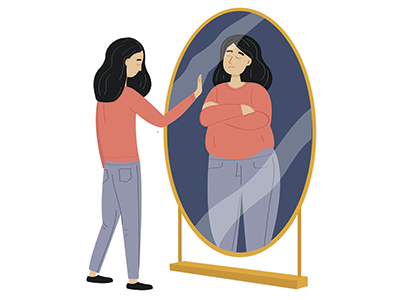 https://riseandshine.childrensnational.org/wp-content/uploads/2023/02/girl-with-eating-disorder-looking-in-mirror-feature.png
300
400
Rise and Shine
https://riseandshine.childrensnational.org/wp-content/uploads/2017/11/childrens_riseandshine_logo.jpg
Rise and Shine2023-02-07 17:19:032023-02-27 10:12:49Supporting an adolescent struggling with an eating disorder
https://riseandshine.childrensnational.org/wp-content/uploads/2023/02/girl-with-eating-disorder-looking-in-mirror-feature.png
300
400
Rise and Shine
https://riseandshine.childrensnational.org/wp-content/uploads/2017/11/childrens_riseandshine_logo.jpg
Rise and Shine2023-02-07 17:19:032023-02-27 10:12:49Supporting an adolescent struggling with an eating disorder



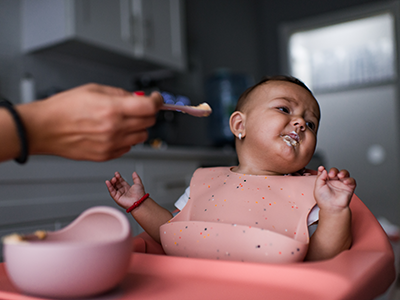

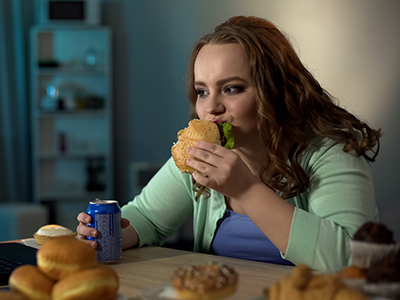

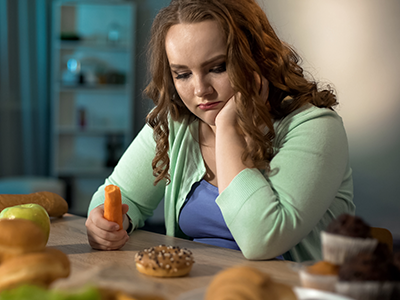






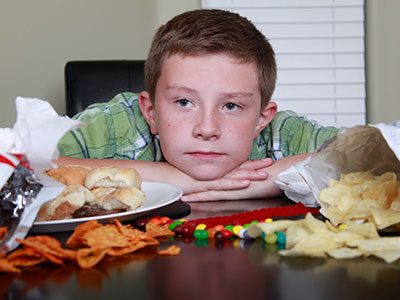
Leave a Comment
Want to join the discussion?Feel free to contribute!